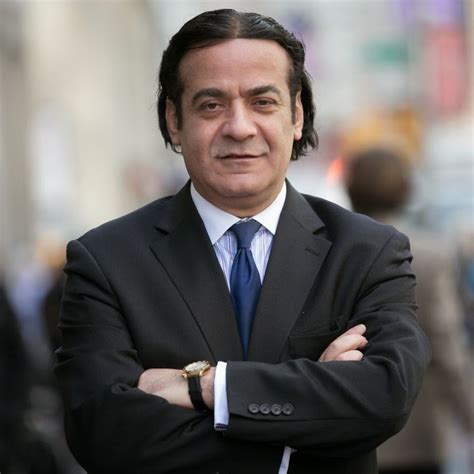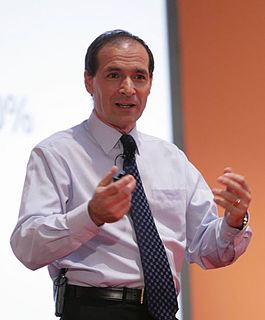A Quote by Ziad K. Abdelnour
There's a huge misconception that innovation is mostly about inventing or coming up with cool new things. More often than not, innovation is about figuring out what people really need or want but can't have or afford.
Related Quotes
Innovation is a subset of creativity. Innovation often deals with product launches and is often relegated to the C-suite or to heads of R&D departments. Innovation requires creativity, but creativity is something that is much more broad. It applies to people at all levels of an organization. Today, we all are responsible for delivering "everyday creativity". Small creative acts that add up to big things.
Trust the young people; trust this generation's innovation. They're making things, changing innovation every day. And all the consumers are the same: they want new things, they want cheap things, they want good things, they want unique things. If we can create these kind of things for consumers, they will come.
Unfortunately, in rich-world health, innovation is both your friend and your enemy. Innovation is inventing organ replacement, joint replacement. We're inventing ways of doing new things that cost $300,000 and take people in their 70s and, on average, give them an extra, say, two or three years of life. And then you have to say, given finite resources, should we fire two or three teachers to do this operation?
If you look across the economy, if you have multiple players in an industry, you have more customization, more innovation, greater choice for consumers. The more you have consolidation, the less likely you are to invest in innovation. It becomes all about driving down cost and mass production. And that's not good for innovation in an industry.
































